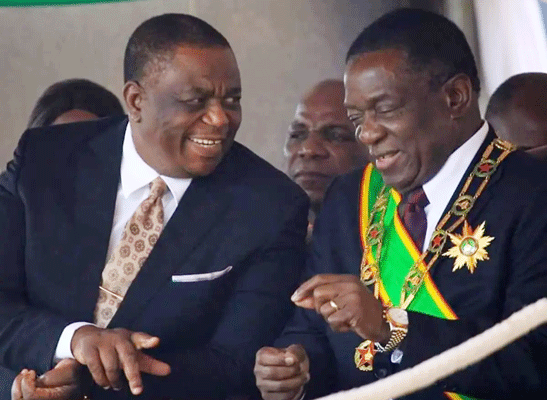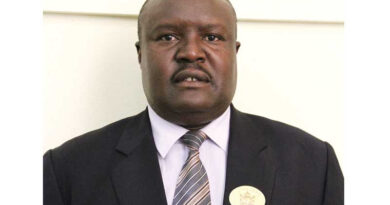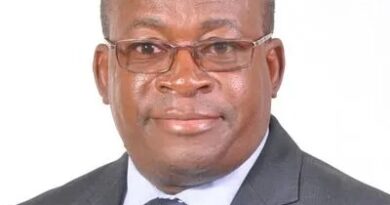Shops face closure over ZiG
VICE-PRESIDENT Constantino Chiwenga yesterday warned currency speculators and singled out the retail sector, threatening to shut down supermarkets if they are suspected of sabotaging the new Zimbabwe Gold (ZiG) currency.
Officially opening the international business conference at the Zimbabwe International Trade Fair (ZITF) in Bulawayo, Chiwenga said ZiG was here to stay.
“ZiG is there to stay forever,” Chiwenga said.
“The new currency will, therefore, not be subject to exchange rate volatility or manipulation by speculators.
“So, speculators somewhere [wherever you are] jumping around trying to play around in the supermarkets, we know [you]. Behave or you get shut down or we will lock you [up]. Two things.”
Government has introduced ZiG to replace the local currency that had severely lost value after being battered by inflation.
The local currency had been re-introduced in 2019 after President Emmerson Mnangagwa began his de-dollarisation drive.
Authorities say ZiG is backed by gold and foreign currency reserves as well as other precious minerals.
ZiG, introduced earlier this month, is currently trading at around 17 ZiG for one US dollar on the parallel market, although government’s official exchange rate is 13 ZiG to the US dollar.
“The ZiG is expected to provide a lasting solution to inflation expectations, which is critical for sustained price and exchange rate stability in the economy,” Chiwenga said.
“Given these boundless benefits, I, therefore, call on the public, the private sector, including the households, labour and businesses, civic society and the international community, to fully embrace and support the ZiG currency.”
Chiwenga also threatened gold smugglers, declaring that no single gramme of gold will leave the country unaccounted for, saying the mineral is needed to back up the new currency.
“We are going to put measures, strict measures, that can see heads rolling,” he said.
“Every gramme must be accounted for in our gold. We need our gold and because it is God-given. No one came with gold (to) Zimbabwe, but it’s in our soil.
“If we don’t want to mine it, it will stay there, but no one should touch it. So, all our money we are talking about here, the Zimbabwe Gold, is going to be anchored firmly, by our gold and gold, we get it from all our resources.”
Previous reports have linked gold dealers and smugglers to the ruling Zanu PF party, which, however, denies the claims.
In November, a relative of the Mnangagwa family, Henrietta Rushwaya, was convicted of trying to smuggle gold worth over US$330 000.
Rushwaya, who is president of the Zimbabwe Miners Federation, was found in 2020 with gold bars weighing 6kg in her handbag at the Robert Gabriel Mugabe International Airport in Harare while headed for the Middle East.
She was, however, later fined US$5 000 for the offence.
A documentary by the Qatar-based television network, Al Jazeera, released last year alleged that politically-connected persons were involved in the smuggling of gold.
Chiwenga said government introduced the structured currency to ensure a stable macroeconomic environment, free from exchange rate distortions.
“This bold step symbolises the government’s unwavering commitment to the de-dollarisation programme, premised on fiscal discipline, monetary prudence and economic revitalisation,” he said.
“When we talk of, say, predominantly gold, we can’t keep tonnes of coal in the central bank, or gold or iron, or lithium or platinum, we will sell them. We have got our gold and we shall dig and every gramme of gold shall not leave Zimbabwe.”
In addition, he noted that the structured currency was expected to enable long-term business planning and encourage savings and investments in the economy.
This, according to him, would go a long way in restoring confidence in the domestic currency.
“The stability of the ZiG will boost investor confidence in the economy and lead to increased production and exports. The economy will also experience an increase in domestic demand as people’s purchasing power gradually improves amid low and stable prices,” he said.
“Government, through the central bank, will, however, continue to monitor interest rates to curtail speculative borrowing, to ensure optimal money supply and to keep inflation under control.” NewsDay




